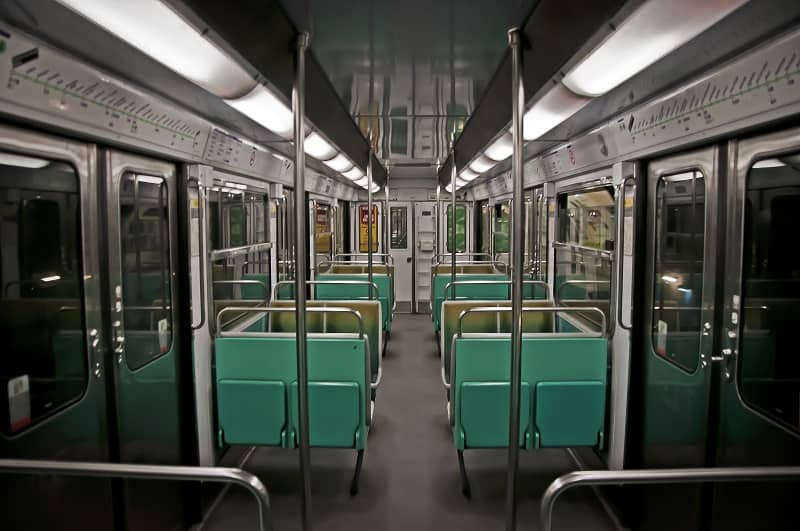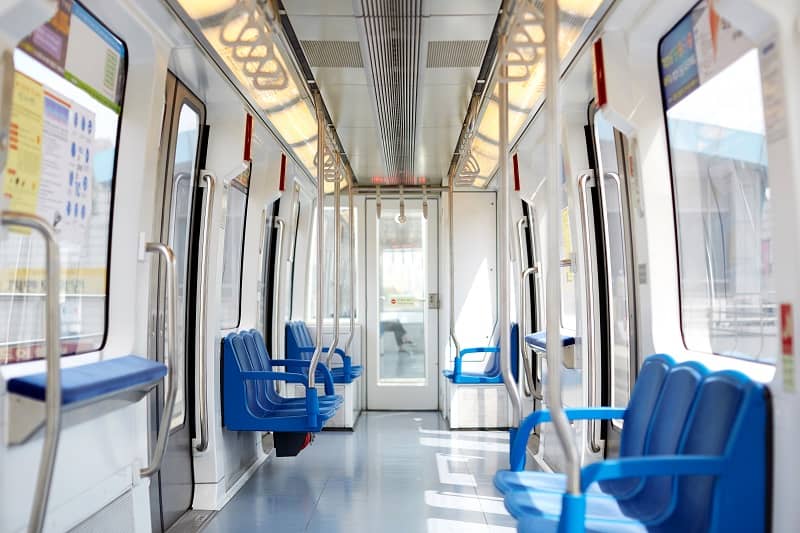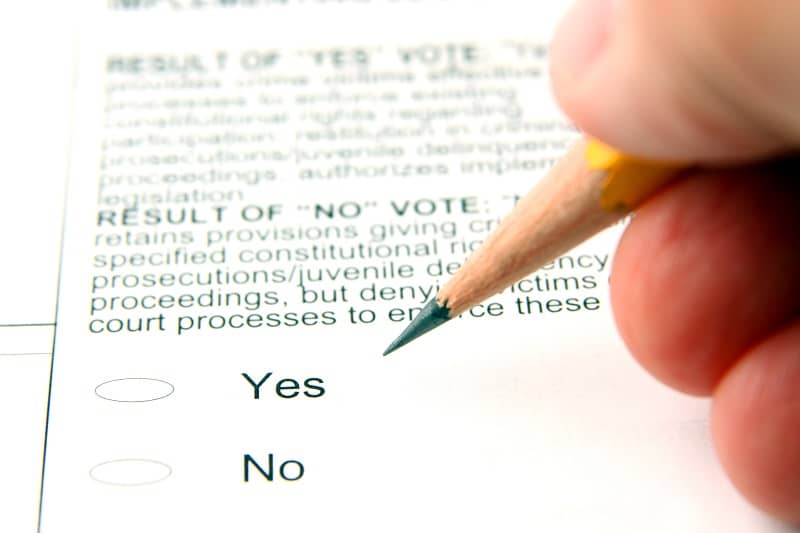The following comments were submitted to the TriMet board June 3, 2011.
Members of the TriMet Board:
I am writing to comment on the proposed passenger fare increases. For over 25 years I have consistently supported (or not opposed) TriMet fare increases because of my belief that TriMet services are generally under-priced. I support the user-pays concept in transportation finance and believe that passenger fares should eventually cover 80-90% of operating costs for TriMet.
However, my reaction to the current TriMet proposal is more nuanced, as follows:
1. No general fare increases should be approved until the board abolishes the “free-rail zone.” The current policy of charging all bus passengers for all trips but giving away large numbers of expensive rail trips is intellectually indefensible. The original rationale for creating “fareless square” has long since become obsolete; let’s acknowledge that and move on.
2. The long-standing tradition of giving large senior discounts also needs to be re-considered. Charging more for a youth ticket than for a senior ticket is exactly backwards from a demographic standpoint. The average student has minimal net worth and low monthly income, if any. Also, youth riders are likely accruing substantial debt due to the cost of education. In contrast, seniors are likely to have the highest net worth of their lives, with a 45-year working career behind them. They are likely to own their own homes outright and have little debt.
Thus, a more appropriate policy would be to reduce the price of a standard youth ticket to $1 and raise the price of a senior ticket to at least $1.50, if not $2.00. Another option would be to abolish “honored citizen” fares entirely, while allowing for discounted monthly passes based on means-testing. I suggest that the Board direct the staff to analyze current ridership data to determine what the revenue effects would be of altering the prices for these two categories as suggested here.
3. The high cost of WES needs to be better reflected in the price of the tickets. Charging a retail rate of $2.35 for a trip that costs, on average, $16-$19, is nonsensical. I suggest that the minimum single-trip fare for WES be raised to at least $3. In addition, the train staff should be instructed to actually check fares, which they currently do not. I have used WES at least 100 times and have only been checked for a fare once.
4. I support the proposed increase in LIFT fares, and I would support continued increases up to the maximum allowed under the ADA. This is a premium service that is obviously under-priced.
5. Over the past decade passenger fares have been raised at a rate 35%-42% higher than inflation, yet the agency asserts this has not been enough. In addition, the agency has been granted two payroll tax rate increases by the state legislature, one of which has been implemented since 2005. In absolute terms, TriMet’s various sources of revenue – operating and capital grants, passenger fares, and payroll taxes – have grown at rates far in excess of inflation, as noted below.
TriMet Financial Resources, 2004-2012[1]
(millions)
| FY 04/05 | FY 08/09 | FY 09/10 | FY 10/11 (est) | FY 11/12 (budget) | % Change 04/05-11/12 | |
| Passenger Fares | $ 59.49 | $ 90.10 | $ 93.73 | $ 97.97 | $103.80 | 74.5% |
| Payroll tax revenue | $171.23 | $209.10 | $207.10 | $217.20 | 229.10 | 33.8% |
| Total operating res. | $308.77 | 397.24 | $423.50 | $424.20 | $443.21 | 43.6% |
| Total resources | $493.72 | $888.35 | $809.75 | $763.66 | $1,004.44 | 103.44% |
1. TriMet budget documents, various years.
Clearly TriMet does not have a revenue problem, it has a spending problem. The agency needs to impose fiscal discipline before asking riders or taxpayers for more money through generalized fare increases.
To summarize, I support the concept of user fees in transportation, and targeted fare increases would be appropriate for seniors, the LIFT program, downtown rail passengers, and WES riders. But TriMet’s approach to fare policy over the past decade has lacked creativity, and there has been virtually no cost containment for either employee compensation or capitol construction. It is time for the TriMet board to address these issues.
Sincerely,
John A. Charles, Jr.
President & CEO
Cascade Policy Institute











